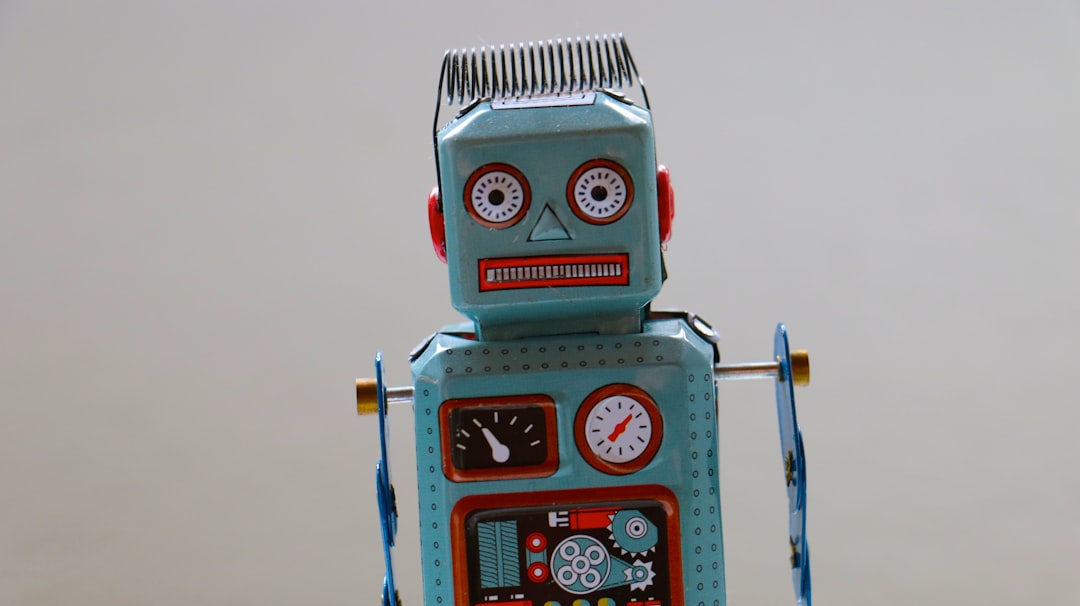Until a few years ago, humans seem invincible, and computers appeared only servants who cannot outshine the master. In the mastery of language, for example, computers were far second to humans in producing sentences that make sense. However, as the fields of machine learning and natural language processing (NLP) continued advancing, signs were written all over showing the capabilities that computers had in this area. The advances that have been made in NLP has seen computers getting closer and closer to humans as they can now generate complex passages with a click of a button. These advances are made possible by deep-learning algorithms that can pick statistical patterns in words used by humans and the structure of words from many lines of text. This is a step in the right direction. However, despite the worries of humans and the excitement by professionals that AI is close to matching humans in their language capacity, the truth is that computers are not there yet.
According to new writing done by Allen Institute of Artificial Intelligence, there is something that machines still lack, but humans have. Machines do not understand what they are writing or reading. This is the biggest flaw that is yet to be sorted out in pursuit of generalizable AI. Although this question applies to academia more, it also touches on the consumers of AI technologies. As organizations continue to adopt chatbots and voice assistants to help in their daily tasks, lack of adequate understanding of language by these systems is proving to be a hurdle. This is because it slows access to crucial services mainly in financial institutions and makes these applications prone to failure.
Based on the Winograd Schema Challenge built in 2011 to evaluate the reasoning of NLP systems, it emerged that computers have a poor grasp of semantics and still needs training before they can match humans. The challenge is made up of 273 questions that have pairs of sentences that are identical except for one word known as a trigger. For a system to be regarded as fully intelligence, it must figure out the difference in two different sentences.
Although AI is progressing rapidly, its capability to pass the Winograd Schema Challenge or Turing test, that is designed to see if machines can mimic humans in everything successfully will still need help from humans. Human touch is still essential for machines to attain full independence, and this will be the case for some years to come. Without help, every word that machines utter will have some type of emptiness and will always be robotic. Humans still have unbelievable levels of accuracy, that stand at 94% compared computers that have between 59% and 79% accuracy. This data will serve as a new benchmark and will inspire further research beyond machine learning.
Unlike humans who can have knowledge of two languages and can mix languages and still make sense, machines have some weaknesses doing so. Furthermore, humans can understand questions easily and choose the correct one accurately. With increased training and improvement in both hardware and software, AI systems will get closer to humans in future.












